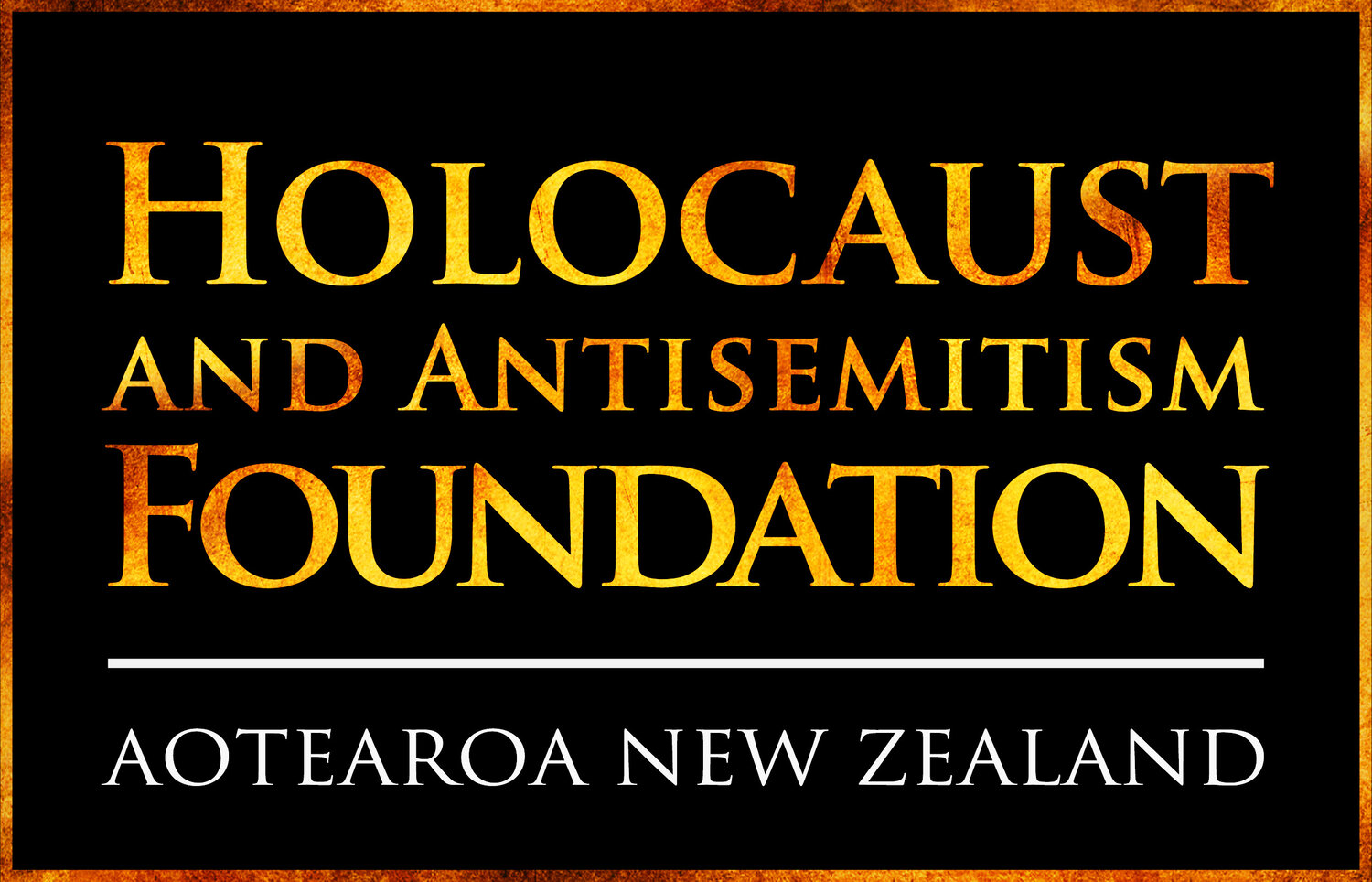Anti-Zionism, NZ and the IHRA Definition
In recent decades it has been a go-to strategy for antisemites to clothe their hatred in the garb of anti-Zionism. In contexts where open hostility toward individual Jews and diaspora communities is frowned upon, antagonism toward the state of the Jews frequently wins a free pass.
As has been observed, antisemitism adapts itself to the values and perceived priorities of the period. The religious values of the Middle Ages and the racist ideas of the Nazi period have largely fallen from favour, thus providing less fuel for antisemitism. Instead it is the language and framing of social justice that presently help to keep the fires of antisemitism burning in the West.
Calumnies against Israel cast her as an international pariah, an apartheid state and a colonialist occupier displacing an ancient indigenous population. The facts of history and realities on the ground have done little to dampen the impact of a narrative that has now established deep roots in academia and mainstream media.
Thus the Holocaust and Antisemitism Foundation welcomes the recent announcement that New Zealand has been accepted as an Observer by the International Holocaust Remembrance Alliance. While this does not mean that New Zealand has, or will, adopt the IHRA definition of antisemitism, it is a first and important step toward that goal.
Founded in 1998, the International Holocaust Remembrance Alliance is an intergovernmental agency seeking to strengthen and promote Holocaust education, remembrance and research internationally. To date 35 nations have become full members.
In regard to anti-Zionism, the strength of the IHRA definition rests in the examples included with the definition itself. Addressed directly are the right of Jewish self-determination and the double standards applied to the Jewish state.
More broadly, engagement with IHRA will strengthen the work of those seeking to protect and sustain a faithful telling of the events of the Holocaust, memorialisation, research, and the all important work of education.
We commend those who have taken the important step to take up observer status with IHRA.

